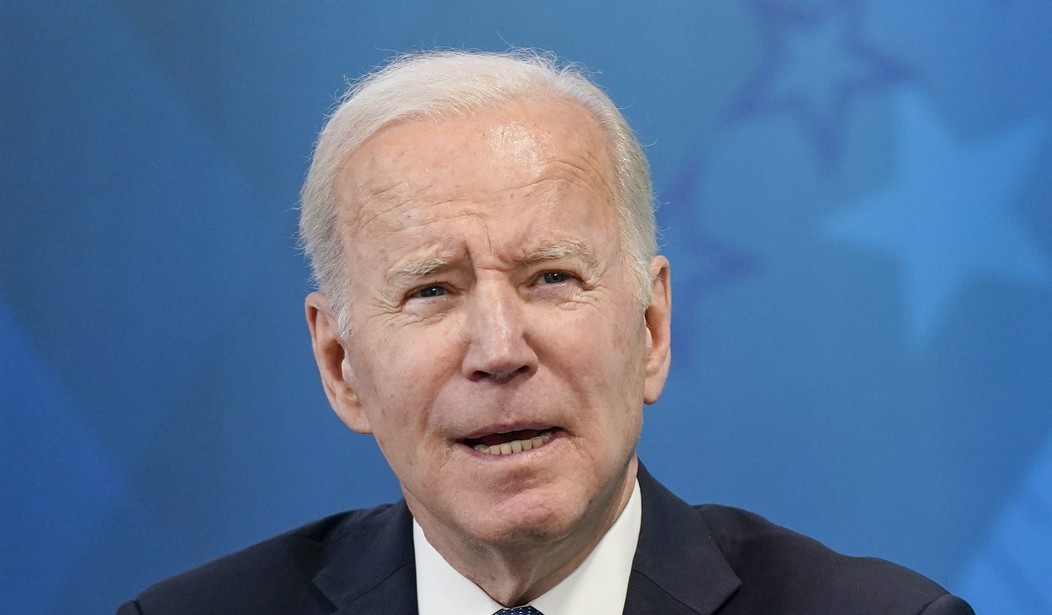At President Biden’s State of the Union Address, a hot mike moment caught President Joe Biden speaking to Puerto Rico’s Resident Commissioner Jenniffer Gonzalez where he said, “If I were in Puerto Rico I would vote for statehood.” And every democratically held election on the island over the past decade has shown that the Puerto Rican people agree. Unfortunately, some members of Congress claiming to represent the voice of the Puerto Rican people are actively trying to prevent Congressional action on statehood for the island.
On March 2nd, members of Congress from both sides of the aisle came together on the Hill to commemorate the 105th anniversary of American citizenship for the residents of Puerto Rico. Unfortunately, this anniversary also highlighted that for over a century, those who, like myself, live on the island have been relegated to second-class citizenship.
The 3.2 million U.S. citizens in Puerto Rico lack representation in Congress. We only have one member in the House who cannot vote for bills on the House floor, even if that bill directly impacts Puerto Rico, and zero representation in the Senate. Additionally, territory status denies us the right to vote for President, despite living under the programs, policies and regulations established by the Executive Branch. And that the President is Commander-in-Chief of tens of thousands of Puerto Rican servicemembers who defend America at home and abroad, while being denied full voting rights at the federal level.
In addition, Puerto Rico’s territory status undermines economic development on the island, creating uncertainty for private sector investments because of the political risk of the unresolved status issue. Economic stagnation, as well as the brain drain of people leaving the island in search of better opportunities, has put the island in a perilous economic position. Every day that Congress fails to act, more people leave and the struggle to recover gets harder.
Recommended
Yet, since those in Puerto Rico do not have full representation in Congress, there have been lawmakers who have tried to claim to represent the will of island residents. In particular, Representatives Nydia Velazquez and Alexandria Ocasio-Cortez have introduced legislation regarding Puerto Rico’s status that calls for a status convention where delegates from the island debate and vote on status options, present them to voters in Puerto Rico and finally bring their choice to Congress. But this bill is fundamentally flawed in that the convention could present a status option that is unconstitutional and Congress would be under no obligation to enact the choice of the voters. This would unnecessarily prolong the debate regarding Puerto Rico’s status, and would not guarantee its definitive resolution.
Not to mention, this bill undermines the legitimacy of our elected officials and devalues the opinion of island residents about the most fundamental aspects of our lives. This is because voters in Puerto Rico already went to the polls in 2020 and when they were asked if the island should be admitted to the union as a state, the majority voted "Yes." This was the third time in a decade that voters rejected the territory and favored statehood.
Ignoring the will of Puerto Rico's voters to push an unnecessary status convention would be a grave disservice to the voters on the island who strongly support a change in the island’s territory status. We deserve a quick resolution to this issue.
It is unacceptable that some in Congress have been looking to elected officials from New York, to decide what to do on Puerto Rico’s status issue, especially when those elected officials don’t represent a single voter on the island, have no accountability to them, and are actively ignoring the will of the voting majority. This type of colonial paternalism is particularly grievous when Rep. Velazquez, who has a three decade history of opposing statehood for Puerto Rico, now feigns to argue that her bill is just seeking a fair and just process denying the reality that it is merely an elaborate delay tactic.
So I urge Congressional leadership to stop turning to members who illegitimately claim to represent Puerto Rico's interests without being elected by voters on the island. We would be better served by having you listen to the majority of island voters who have already chosen statehood, and are ready to elect our own voting members to represent us directly. Congress must end any delay tactics and pass legislation during this session to finally offer statehood to Puerto Rico. Democracy demands it.
Gregorio J Igartúa is an attorney and Certified Public Accountant. He holds a master's degree (LL.M.) in international and comparative law from the George Washington University Law School in Washington D.C.

























Join the conversation as a VIP Member